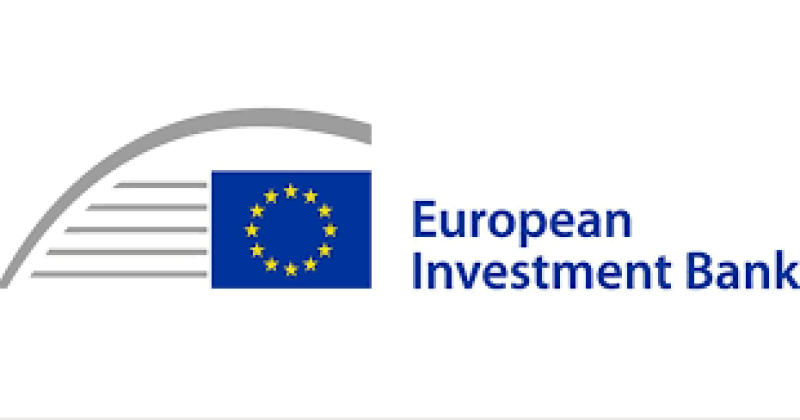- India Sees 9% Drop in Foreign Tourists as Bangladesh Visits Plunge |
- Dhaka Urges Restraint in Pakistan-Afghan War |
- Guterres Urges Action on Safe Migration Pact |
- OpenAI Raises $110B in Amazon-Led Funding |
- Puppet show enchants Children as Boi Mela comes alive on day 2 |
EIB offers €350M loan for Bangladesh's green energy

The European Investment Bank (EIB), the European Union’s (EU) main lending arm, has approved a €350 million framework loan for the implementation of renewable energy projects in Bangladesh.
This loan will be complemented by an additional €45 million grant from the European Union (EU).
The projects aim to support Bangladesh's sustainable development through environmental protection, climate change risk reduction and adaptation, said a Finance Ministry handout on Monday.
The ministry said Bangladesh is strengthening its development cooperation through high-level bilateral meetings with key international financial partners, held as part of the 58th Annual Meeting of the Asian Development Bank (ADB).
On Sunday, (May 4), Bangladesh's Finance Adviser Dr Salehuddin Ahmed held a bilateral meeting with the President of the European Investment Bank (EIB), Nadia Calviño.
The meeting focused on expanding EIB's ongoing support and investments in new projects.
The EIB has been working with Bangladesh under a framework agreement since 2000.
To date, the EIB has invested approximately €635 million in a total of six ongoing projects in the health, water supply, transport, and communication sectors.
While the EIB's primary focus is on EU member states, the institution plays a significant role in implementing the EU's development cooperation in over 160 countries and regions worldwide.
Its priority areas include climate, environment, infrastructure, SMEs, innovation and skill development.
In a significant development, the Ministry of Finance announced that the EIB has approved a €350 million framework loan for the implementation of renewable energy projects in Bangladesh.
This loan will be accompanied by an additional €45 million grant from the EU. These projects are geared towards supporting Bangladesh's sustainable development by protecting the environment and mitigating and adapting to climate change risks.
During the meetings, the Finance Advisor emphasized the need for increased investment in human resource development and infrastructure to address the challenges of LDC graduation and escaping the middle-income trap.
He urged the EU and its institutions to provide more grant-based or concessional loan assistance in strategic sectors.
The Finance Advisor also held a bilateral meeting with representatives from the Japan Bank for International Cooperation (JBIC).
JBIC has long been a key partner in Bangladesh's development, providing support through project financing, strategic partnerships and investment cooperation.
Notable financing from JBIC includes the DAP-2 Fertilizer Factory (€715.6 million, fully repaid), the equipment for the Ghorashal Fertilizer Factory (supplied by Mitsubishi), and the Meghna Ghat Power Project (€265 million, co-financed with ADB).
Besides, the Bangladesh delegation held bilateral meetings with ADB Vice-President for South, Central and West Asia, Yingming Yang, the OPEC Fund Vice President, and Professor Michael Kremer, Vice President of the Agriculture Innovation Mission for Climate (AIM for Climate), reports UNB.
These meetings facilitated discussions on issues of mutual interest.

